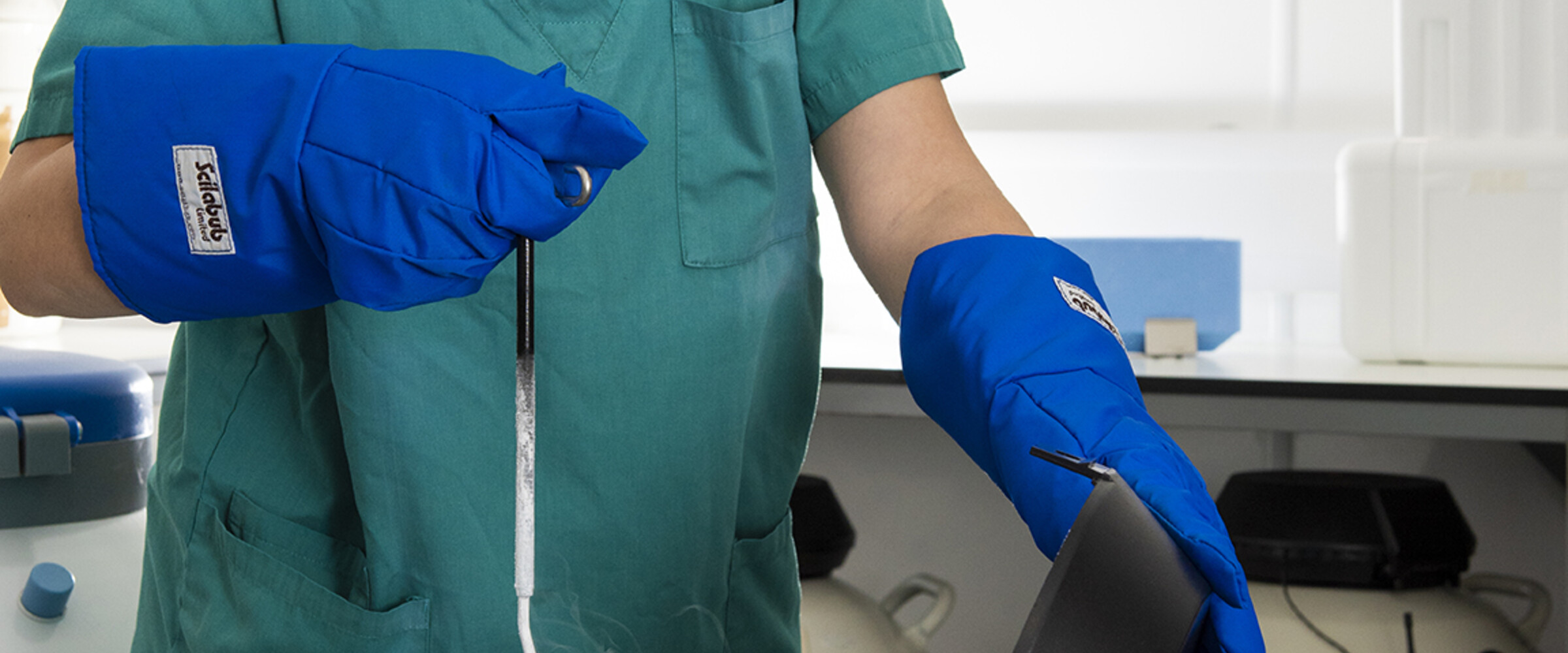
How Semen Analysis Can Identify Hidden Male Fertility Issues
Male fertility issues are more common than many people realise, yet they often go unnoticed until difficulties arise with conception. Fortunately, male fertility tests, through semen analysis, are an effective way to identify any underlying fertility problems. At Sims IVF, we provide male fertility testing, to help uncover potential issues and guide you toward the right treatment options for a higher chance of conception. Below, we’ll explore why male fertility issues may occur and how they can affect conception, explain what these tests involve, and discuss when you should seek fertility testing.
Understanding Male Fertility Issues
Male factor infertility affects almost half of all couples having trouble conceiving and is the second biggest issue after a woman’s age. This can be caused by a variety of factors, impacting a man’s ability to conceive. Understanding the common fertility issues men face is vital for improving fertility and increasing the chances of successful conception. Below are some of the most common fertility problems that men face:
Low Sperm Count
One of the most common fertility issues for men is a low sperm count. This occurs when there are fewer sperm cells present in the semen, reducing the chances of successful fertilisation. It can result from factors like past medical conditions, genetic diseases, acute viral illnesses, or lifestyle and health choices. Low sperm count makes it more difficult to conceive naturally, which is why it’s important to assess and address this issue early on.
Poor Sperm Motility
Sperm motility refers to the ability of sperm to swim and reach the egg for fertilisation. When sperm have poor motility, they struggle to move effectively, limiting their chances of reaching and fertilising the egg. Poor motility can be caused by various factors such as infections, genetic conditions, or environmental influences. This issue can significantly reduce a couple’s chances of conception, even if sperm count is normal.
Sperm Morphology Issues
Sperm morphology concerns the shape and structure of sperm. Abnormalities in sperm shape can affect their ability to penetrate and fertilise the egg. Again, factors such as past medical conditions, genetic diseases, acute viral illnesses, or lifestyle and health choices can contribute to poor sperm morphology. This issue can reduce fertility and complicate the conception process, as abnormal sperm are less likely to successfully fertilise the egg.
What Factors Male Fertility Tests Evaluate
Male fertility tests help assess various factors of your sperm to determine how they function and identify any potential issues. At Sims IVF, we offer male fertility testing through semen analysis, which provides a comprehensive overview of your fertility status. Below, we highlight some of the key factors we assess during male fertility testing:
- Sperm Count: By assessing sperm count, fertility specialists can determine if this is a contributing factor to infertility and advise on possible next steps or treatments to improve sperm production.
- Sperm Motility: Testing sperm motility helps evaluate the quality of the sperm and can identify if issues with movement are impacting fertility.
- Sperm Morphology: By assessing sperm morphology, fertility specialists can identify any structural issues that might affect conception and recommend appropriate treatments to address these problems.
- Semen Volume and Consistency: Semen volume and consistency are key indicators of fertility. A healthy semen sample typically has a sufficient volume and a consistent texture, which helps ensure the sperm can travel effectively. Evaluating these factors allows fertility specialists to assess whether there are any issues with ejaculation that could impact the chances of pregnancy.
- Anti-Sperm Antibody Levels: Anti-sperm antibodies are proteins that the immune system may produce, mistakenly attacking sperm as if they were foreign invaders. High levels of these antibodies can interfere with sperm function, making conception difficult. By testing anti-sperm antibody levels, fertility specialists can identify potential immunological causes of infertility and suggest appropriate treatments.
When to Consider Fertility Testing
Fertility testing is often considered when conception difficulties arise, particularly for those seeking to understand if sperm-related factors may be contributing to the issue. It is generally recommended to undergo fertility testing after 12 months of unsuccessful attempts to conceive, or after six months for individuals over the age of 35. Testing can help identify any underlying fertility concerns and provide guidance on the most suitable next steps to improve the chances of conception.
Comprehensive Male Fertility Testing at Sims IVF
Here at Sims IVF, we offer a range of fertility assessments, including semen analysis, to provide a detailed understanding of your reproductive health. The results offer valuable insights into fertility status and potential areas for intervention. If necessary, appropriate treatment options and fertility support can be provided to assist in achieving parenthood goals. Further details about male fertility testing or enquiries regarding available services can be requested online.

